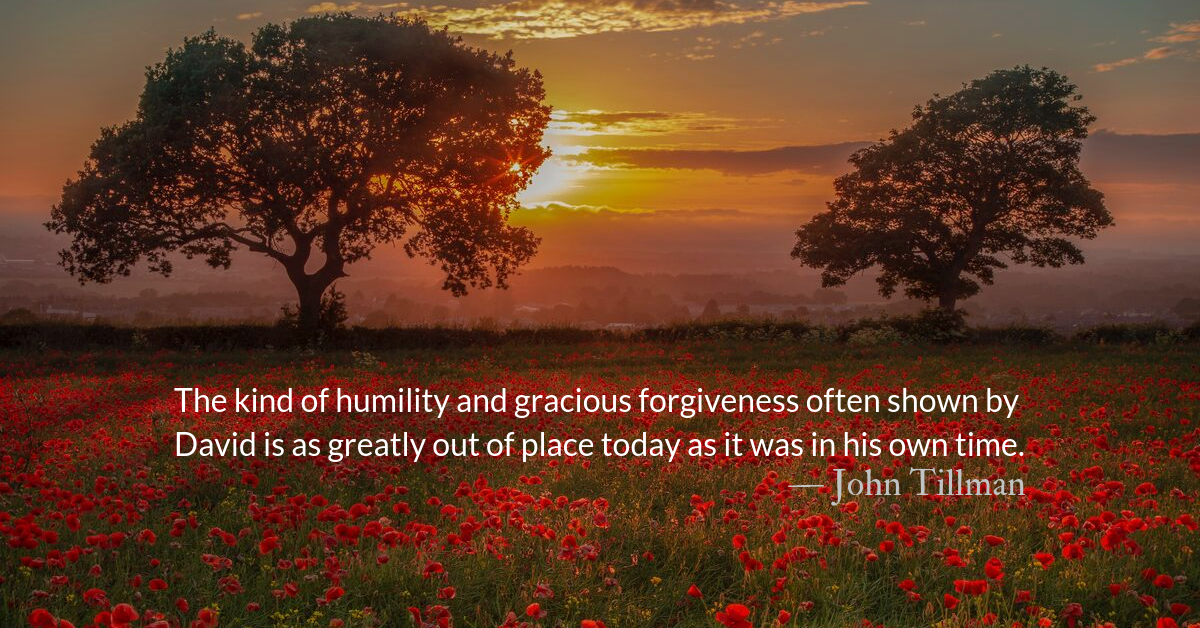Links for today’s readings:
Read: 2 Samuel 20 Listen: (4:51) Read: Psalms 10 Listen: (2:13)
Scripture Focus: 2 Samuel 20:15b-16, 22a
15b While they were battering the wall to bring it down, 16 a wise woman called from the city, “Listen! Listen! Tell Joab to come here so I can speak to him.”
22 Then the woman went to all the people with her wise advice…
Proverbs 4:6b-9
Do not forsake wisdom, and she will protect you;
love her, and she will watch over you.
7 The beginning of wisdom is this: Get wisdom.
Though it cost all you have, get understanding.
8 Cherish her, and she will exalt you;
embrace her, and she will honor you.
9 She will give you a garland to grace your head
and present you with a glorious crown.
Reflection: Wisdom Talking
By Erin Newton
What is wisdom? Take a moment. How would you define the word?
We often think about Proverbs when we talk about wisdom in the Old Testament. We consider the collection of sayings that cover a myriad of topics: how to get along with others, how to make good financial decisions, the value of working hard, the value of being quiet in the mornings, and so on and so forth.
A good life is one that exercises the skills of wisdom, and wisdom has faith as its foundation. “Fear God” is the beginning of wisdom.
The story of Joab’s mission, a gruesome tale, has a plot twist in 2 Samuel 20. The siege ramps were built and his troops were battering the walls, trying to force their way into the city.
It was a loud and terrifying time for the inhabitants. I imagine the people were screaming and crying out in fear with little hope of escape. But one voice cried out for peace. This one voice saved many.
The men in this story play the role of power, might, and violence. The woman here plays the role of an intercessor for the people. She seeks peace over violence. She understands that nothing good will come from a battle. She is called “wise” because she skillfully averts war.
I think the men and women in the story are serving a literary function and not necessarily designating one characteristic to one gender. There are both wise women and wise men in the Bible, but it is more startling when women are the focus and when they save entire populations from destruction (see also Esther). God highlights the true strength of the meek, the mild, and the marginalized.
The juxtaposed images of might versus wisdom grant us an opportunity to look at our own circumstances. We are given a chance to consider how one small voice can save many—as long as it has been developed through wisdom.
There is no lack of words these days. Everyone has a post to gather “likes.” All opinions seem to be vying for the same attention. But are these voices wise? Do our words seek peace?
We ought to be like this woman interceding for our communities. To do so means we must grow in wisdom, constantly learning, ceaselessly examining our world, and courageously speaking.
Divine Hours Prayer: The Refrain for the Morning Lessons
Protect my life and deliver me; let me not be put to shame, for I have trusted in you.
Let integrity and uprightness preserve me, for my hope has been in you. — Psalm 25.19-20
– Divine Hours prayers from The Divine Hours: Prayers for Summer
by Phyllis Tickle
Read more: Tribalism and Insurrection
Divisive leaders appeal to our tribal instincts and desire for power. They belittle opponents and call for conflict and conquest.
Readers’ Choice is Here!
Readers’ Choice is time for you to share favorite Park Forum posts from the year.
What post helped you explain the gospel?




